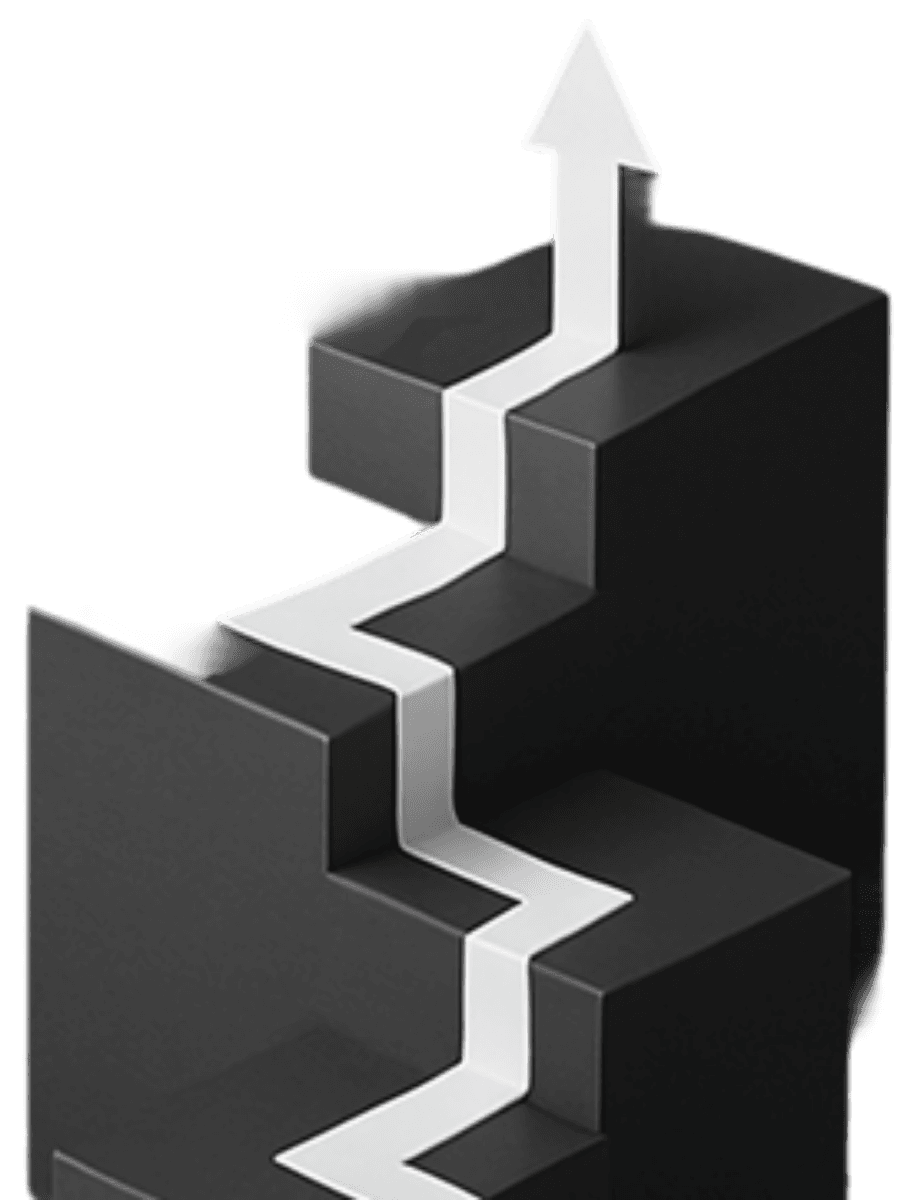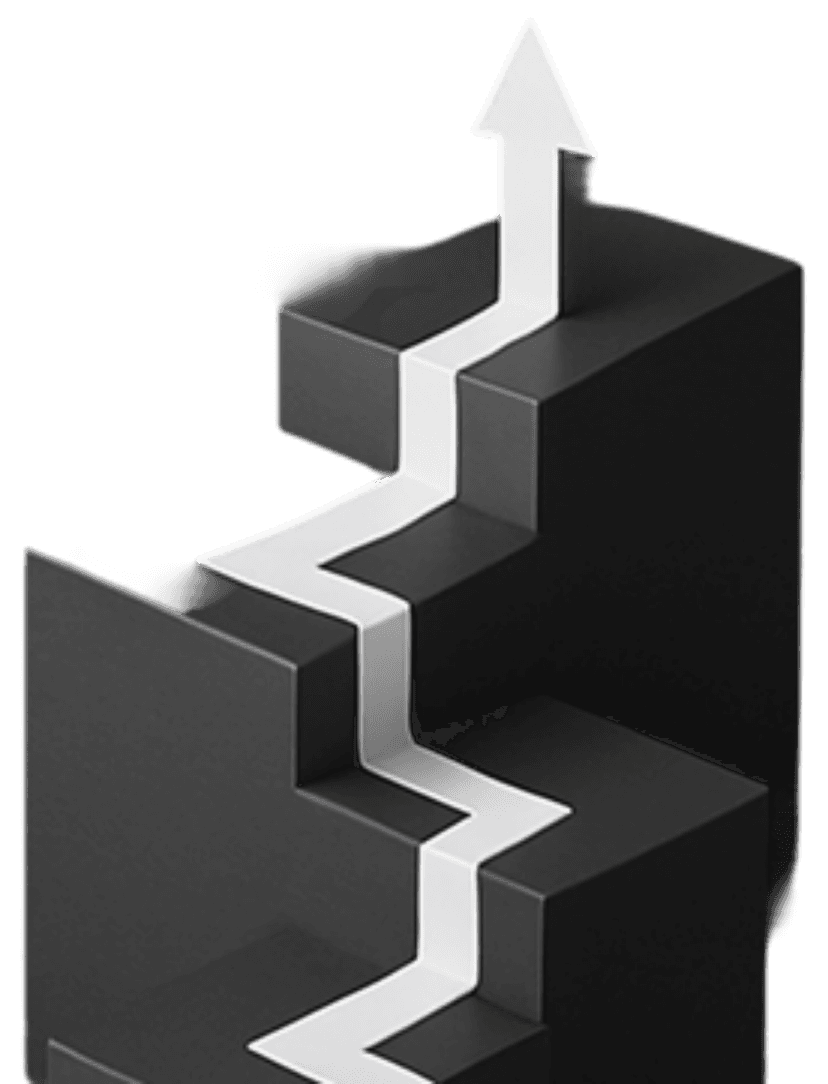Overview
The Critical Thinking Assessment is designed to assess critical thinking ability and to predict performance in fast-paced positions requiring high-level thinking and analysis. It measures a combination of critical thinking attitudes, knowledge, and skills. It is a comprehensive and globally applicable measure of a critical cluster of higher cognitive abilities that are closely associated with critical thinking. These traits and abilities have been found to be vital to success in a variety of roles and occupations.
Critical thinking, a concept emerging from the fields of psychology and philosophy, refers to a rational response to questions that cannot be answered definitively due to the lack of information or the presence of contradictory evidence. It entails the in-depth exploration of a situation or problem to logically arrive at a hypothesis or conclusion that can be convincingly justified. In critical thinking, all assumptions are questioned, divergent views are sought, and conclusions are subsequently drawn (Kurfiss and Gainen, 1988; Lewis and Smith, 1993).
Critical thinking is considered to be a combination of skills, knowledge, and dispositions. Skills or abilities make up the cognitive aspect of critical thinking while dispositions reflect the affective component (Ennis, 1987). Some common dispositions include being open-minded, impartial, flexible and to question one’s own views, and suspend judgment. Research has stressed the importance of dispositions. An individual may possess thinking skills but may not be disposed to exhibit or leverage them (Nickerson, 1984; Norris, 1985; Sternberg, 1985; Ennis, 1987; Facione, 2015).
The need for assessing and honing critical thinking skills has accelerated as its impact on a variety of professional roles has become increasingly apparent. Several studies have found that those scoring high on critical thinking assessments performed better, enjoyed more success, and stayed at their organizations for a longer period of time. They also exhibited the ability to solve problems quickly and had higher levels of creativity, cognitive flexibility, and innovation. With its impact on such key facets and faculties of employees, the assessment of critical thinking has become the norm in modern day workplaces (Simpson and Courtney, 2002; Ejiogu et al., 2006; Zurmehly, 2008; Idol and Jones, 2010; Chartrand, Fife and Flander, 2013; Facione, 2015).
It requires a candidate to accurately analyze arguments in the information presented, identify the assumptions made and draw logically deduced conclusions. The Critical Thinking Assessment measures the critical thinking ability of the test takers across various roles at all job levels across industries.
Use Cases

- Testing Time35-45 Minutes
- Target AudienceIndividual Contributors, First-time Managers, & Middle-level Managers
- Difficulty LevelsIntermediate & Advanced depending upon the level of audience
- LanguageEnglish + Other Languages on request
- TeamOur experts with I/O Psychology backgrounds follow guidelines of the BPS (British Psychological Society).
- ModelThe Critical Thinking Assessment draws upon the work of Watson Glaser, and Peter A. Facione Critical Thinking Model.
Traits Measured
- Reliability
- Validity
- Norming & Standardization
- Adverse Impact
Relevant for Industries

- Identify the ability of a candidate to think criticallyLearn who does well at evaluating information and draws appropriate conclusions.
- Bespoke SolutionsCustomize the experience by adding employer branding and creating your own specific job profiles.
- Modern candidate experienceIntuitive interface for both assessment takers and administrators.
- Integrated reportingAccess the insights that matter most with our well designed reports.
- Role Specific InsightsPinpoint what’s crucial for success in specific roles.
- Globally relevantAvailable in different languages on request.
Build your custom talent solution.


Contact Us
Fill out this form to get in touch.
